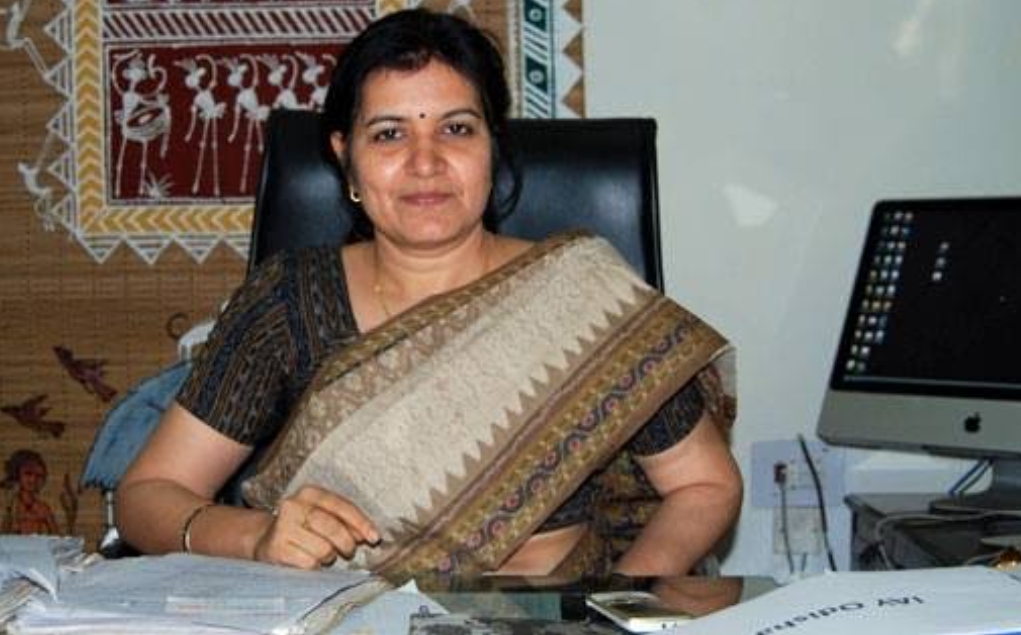Politics in India has always been filled with sharp words, clever jabs, and strong comebacks. The latest exchange making headlines is between Congress leader Rahul Gandhi and the Bharatiya Janata Party (BJP). It all began when Rahul Gandhi took a swipe at Prime Minister Narendra Modi, using the phrase “Narendra Surrender.” This phrase quickly sparked debate, with many people reacting both online and offline. Not surprisingly, the BJP has now responded, and one of its Members of Parliament has given a clear message — “Say what you want, the public knows the truth.”
Rahul Gandhi’s comment came in the middle of a political discussion about national security and India’s position with China. He questioned the government’s handling of the border issues and used the phrase “Narendra Surrender” to suggest that the Prime Minister had given in too easily during past stand-offs with China. The phrase was meant to be catchy, and it caught on quickly across social media, with both critics and supporters weighing in.
Soon after the comment went viral, a BJP MP responded strongly, saying that no matter what slogans the opposition uses, people of the country are smart enough to see the real work being done. “You can create any narrative you want,” the MP said. “But the reality doesn’t change with words. The Prime Minister has always put India first, and people trust his leadership.”
The response was not loud or dramatic, but firm and confident. The BJP MP made it clear that while Rahul Gandhi might be trying to make headlines, the party remains focused on development, national strength, and long-term progress. “Let him speak. He has every right to. But making rhymes or playing with words won’t change ground realities,” the MP added.
This back-and-forth between the two parties shows how political messaging works in today’s world. A single phrase like “Narendra Surrender” is designed to trend, to be repeated, and to spark reactions. It’s not just about one comment — it’s about shaping how people think and talk. That’s why the BJP’s calm but pointed reply matters. They chose not to attack personally but to defend their work and shift focus back to performance.
Supporters of Rahul Gandhi say his comment is part of holding the government accountable. “He is asking important questions,” one Congress worker said. “We cannot stay silent when we feel the country’s interests are not being protected. If the government has done nothing wrong, why are they getting so defensive?”
But BJP supporters argue that such remarks weaken national unity. “When you call the Prime Minister names, you’re not just attacking one man — you’re disrespecting the office,” said a BJP worker. “There are ways to criticise, but this kind of language crosses the line.”
The comment also stirred conversations among regular citizens. Some people found the phrase bold and impactful, while others felt it was unnecessary and disrespectful. “I don’t agree with everything Modi does,” said a college student in Delhi, “but calling him ‘Narendra Surrender’ feels like cheap politics. Talk about facts, policies, not just slogans.”
Still, in a country as politically active as India, these moments often define how people see leaders. Rahul Gandhi has been working hard to rebuild his image as a strong voice of the opposition. His team likely saw the phrase as a way to create noise and push their point in a memorable way. Whether or not it works in the long run remains to be seen.
The BJP, on its part, seems confident that such attacks won’t damage their standing. Their strategy is clear: stay on message, talk about work done, and avoid getting pulled into name-calling. “We have elections, we have people to serve, and we have goals to achieve. That’s where our focus is,” the BJP MP said during his response.
Interestingly, this is not the first time political phrases have stirred public debate. In the past, slogans like “Chowkidar Chor Hai” and “Suit-Boot Sarkar” made waves, but didn’t always turn the tide. Politics in India is deeply emotional, but also rooted in performance. People may laugh at a phrase, share it, or debate it, but when it’s time to vote, they often look at more than just words.
Even among political analysts, opinions are divided. Some believe Rahul Gandhi needs to be more consistent and policy-focused if he wants to win public trust. Others say bold phrases like this help him connect with younger voters who consume political content through short videos and tweets.
As for Prime Minister Modi, he has not directly responded to the comment. He often avoids reacting to such personal attacks, letting party leaders or the public answer on his behalf. His supporters see this as a sign of strength — staying above the noise and sticking to his larger message of development and national pride.
So what does this all mean? It means that in Indian politics, every word counts. A single phrase can set off a storm, but how each side reacts is just as important. Rahul Gandhi made his move with a sharp line. The BJP replied without losing its cool. Now, it’s up to the public to decide what they believe and who they trust.
In the end, politics is not just about headlines — it’s about everyday lives, jobs, prices, and safety. The phrases may come and go, but what stays in people’s minds is how leaders act, not just how they speak. For now, “Narendra Surrender” may trend, but the bigger question remains — what are the leaders doing for the country, and who do the people believe is truly putting India first?

